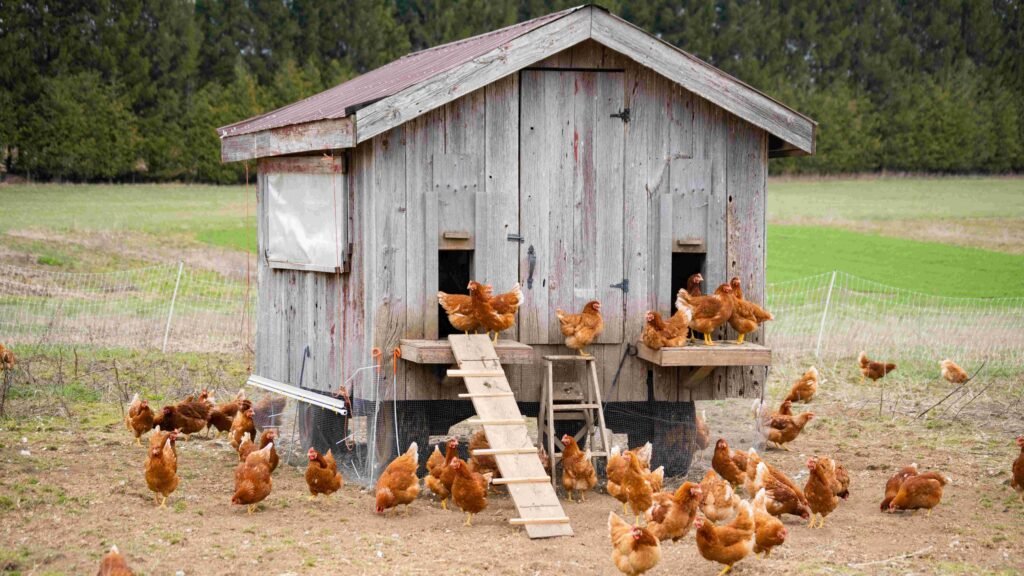
Introduction to Free-Range Eggs
Free-range farm fresh eggs have gained popularity in recent years, and for good reason. These eggs are produced by hens that are allowed to roam freely outdoors, resulting in a variety of benefits for both consumers and the hens themselves. Understanding these advantages can help you make informed choices about the eggs you purchase.
Nutritional Superiority
One of the primary benefits of free-range eggs is their superior nutritional profile. Studies have shown that these eggs often contain higher levels of omega-3 fatty acids, vitamins, and antioxidants compared to conventional eggs. The diet of free-range hens, which is enriched with natural feeds like grasses and insects, contributes to the enhanced nutrient density of their eggs. This can have a positive impact on your overall health.
Animal Welfare Considerations
Choosing free-range farm fresh eggs supports animal welfare practices. Hens that are raised in free-range environments generally lead happier and healthier lives since they have access to outdoor spaces and the ability to engage in natural behaviors. This ethical consideration is increasingly important for many consumers who wish to support humane farming practices.
Environmental Impact
Additionally, opt for free-range eggs can have positive effects on the environment. These farms often practice sustainable farming methods, which help to preserve local ecosystems. By reducing the reliance on factory farming, free-range egg production contributes to a more sustainable food supply chain.
In conclusion, the benefits of free-range farm fresh eggs extend beyond personal health. They also encompass ethical and environmental considerations. Making the switch to free-range options not only enhances your diet but also supports practices that contribute to animal well-being and sustainability.

